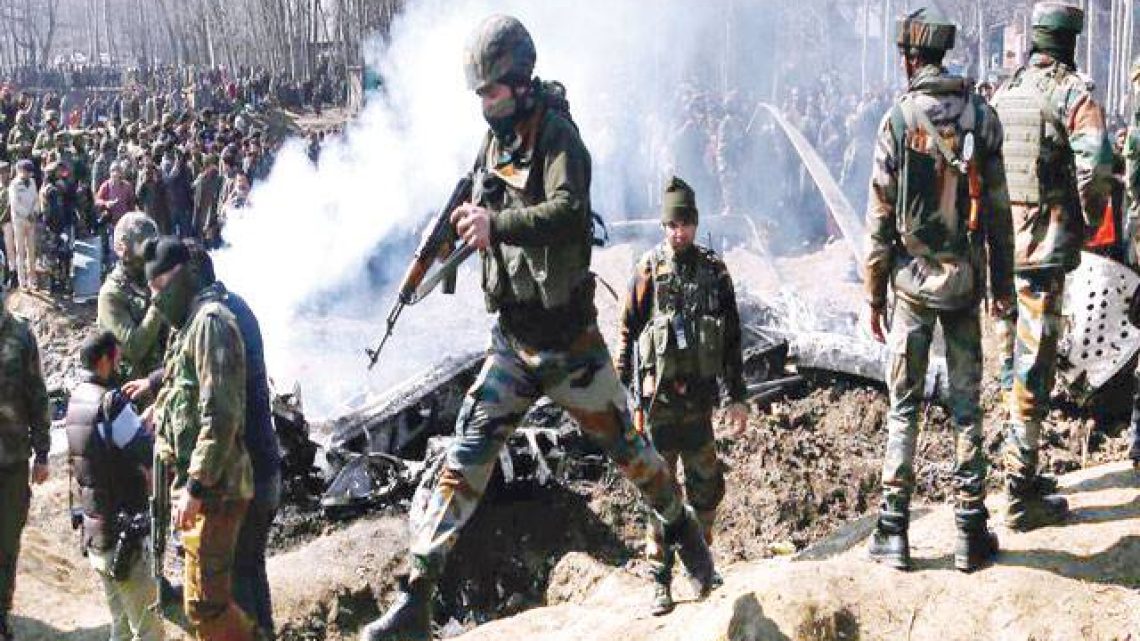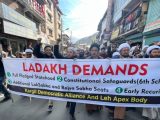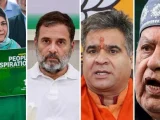
India Commits War Crimes in IIOJK
October 3, 2024In connections to the International Day of Non-Violence, Kashmiris find no reason to celebrate, as the Indian government continues its campaign of war crimes in Indian illegally occupied Jammu and Kashmir (IIOJK).
The people of IIOJK endure persistent state terrorism, marked by widespread human rights violations in one of the most militarized zones globally. Their plight is exacerbated by systematic harassment, arbitrary arrests, and acts of brutality enforced by Indian forces under harsh laws.
Recent reports indicate that 17 Kashmiris were killed by Indian forces in September alone. This tragic statistic adds to a massive number of 96,364 deaths since January 1989, illustrating the relentless violence faced by the local population.
These actions are classified as genocide, crimes against humanity, and war crimes according to international law. It is called upon the global community—especially the United Nations, Organization of Islamic Cooperation (OIC), and G-20 nations—to take urgent action.
The various reports urge these entities to intervene and halt the violations perpetrated by India’s military and the Hindutva BJP/RSS government in IIOJK. The appeal emphasizes that international accountability is critical in addressing the ongoing crisis.
Various organizations, including Amnesty International, have condemned the situation in Indian Illegally Occupied Jammu and Kashmir. The OIC Contact Group on Jammu and Kashmir has expressed deep concern over the deteriorating humanitarian and human rights conditions.
Pakistan has consistently advocated for international intervention, pressing for a resolution to the Kashmir dispute. Despite the persistent cries for help, the plight of Kashmiris often remains overlooked on the international stage.
As Kashmiris face ongoing oppression, the disconnect between the ideals of non-violence and their reality becomes stark. Their struggle for justice and human rights contrasts sharply with the day’s message of peace and reconciliation.
This disparity highlights the urgent need for a global response that transcends mere words. As the international community celebrates non-violence, it must also acknowledge and address the violence faced by the people of Kashmir.
While the world observes the International Day of Non-Violence, Kashmiris continue to bear the brunt of ongoing conflict and oppression. Their calls for justice and human rights demand urgent action from the global community to ensure their voices are heard and their struggles recognized.

